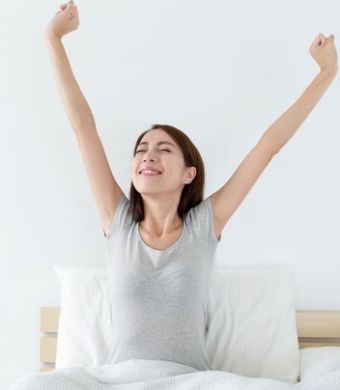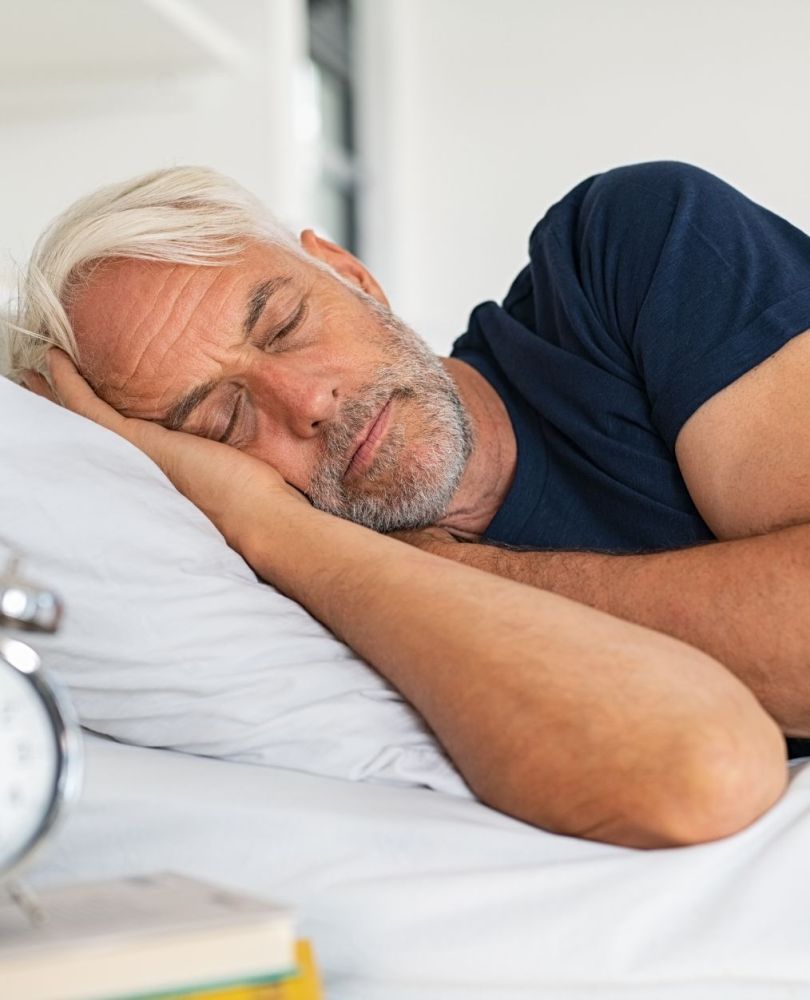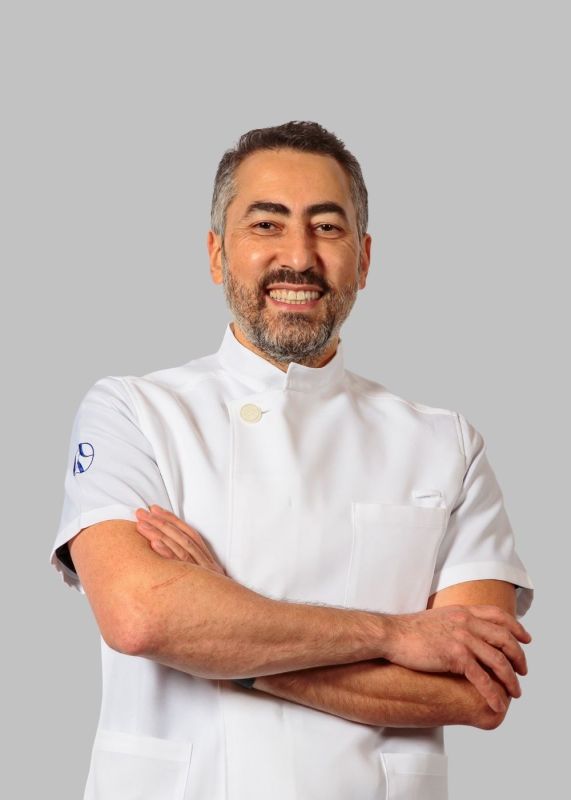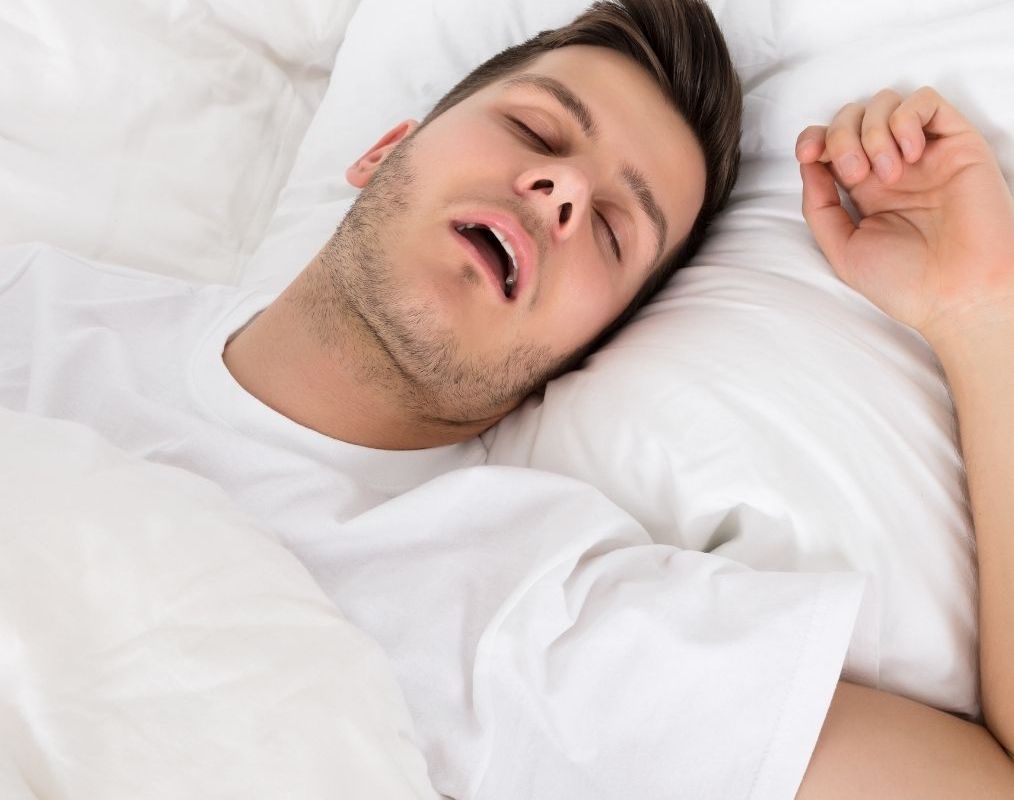
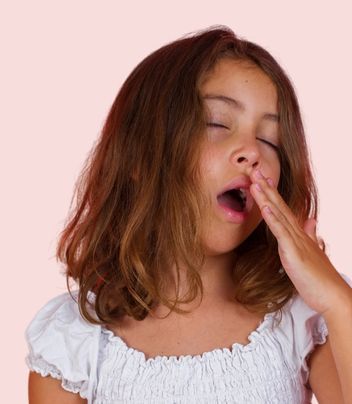
Solve the sleep riddle for more energy and better health.
The Kharsa Clinics team focuses on overall wellness, including the sleep health of our patients. Many people suffer from SRDB (sleep-related breathing disturbances), a silent but very serious sleep disorder. It results in decreased blood oxygen levels at night. People with obstructive sleep apnea are 2.5 times more likely to have a sudden cardiac event compared to patients without obstructive apnea.
Read MoreMost Commonly Asked Questions
What is sleep apnea?
Obstructive Sleep Apnea (OSA) is a disorder marked by brief interruptions of breathing during sleep due to airway obstruction. Blockages happen when the throat muscles, tongue, tonsils, or the soft palate fall back into the throat. The restriction results in a significant decrease in blood oxygen levels and creates unnecessary systemic stress, elevated blood pressure, risk of diabetes, and more. Most cases are OSA, but some patients may suffer from Central Sleep Apnea (CSA), a condition that develops when the brain fails to signal the diaphragm to pump air. We refer CSA cases to a physician who specializes in sleep medicine.
What is the role that dentists play in addressing sleep apnea issues?
Our providers follow the American Dental Association’s (ADA) recommendation that dentists screen patients for sleep apnea. At Kharsa Clinics, we adhere to the latest standards of care, using dental solutions to identify and address potential medical concerns, including sleep health evaluation and improvement. The ADA has established clear guidelines on this approach. In severe cases of sleep apnea, we typically refer patients to pulmonologists who specialize in sleep medicine.
What are the symptoms of sleep apnea?
If you’ve been told you snore, there’s a chance you have undiagnosed sleep apnea. If you deal with daytime sleepiness, low energy, diabetes, high blood pressure, irritability, depression, unexplained or morning headaches, memory problems, and more, apnea could be the underlying cause. If you have experienced any of these conditions or have been told you snore there is a chance that you have undiagnosed sleep apnea. You deserve to find out if better sleep could improve the quality and quantity of your life.
Is snoring part of obstructive sleep apnea?
Snoring may not suggest a serious health problem, but there’s a significant chance there’s more below the surface. Research indicates that over 70% of snorers suffer from an underlying sleep apnea problem. Our specialists will evaluate whether your snoring is triggered by sleep apnea. Snoring also represents a social issue for many partners, affecting their quality of sleep as well. The sound can be quite loud reaching up to 100 decibels!
Can children have sleep apnea?
Sleep apnea in children is one of the most underdiagnosed conditions in children. Physicians and dentists are becoming more aware about evaluating children for sleep apnea. Current research shows a significant increase in cases of children diagnosed with sleep apnea. It may be the cause of irritability, poor sleep, underperformance, lethargic behavior, and bed wetting. It affects their normal development or reaching developmental milestones, and it may be the cause of ADHD.
How do you evaluate patients for sleep apnea?
Our specialists use a comprehensive approach that considers your history, habits, and detailed clinical findings to determine the quality of your sleep. We’re the first clinic in our region to use the only FDA-approved home sleep study device for efficient screening of sleep health. In the comfort of your home, the device gathers essential data that’s read and analyzed by an American board-certified sleep physician. This detailed information includes tracking heart rate, body temperature, sleep cycles, oxygen levels, and more. After reviewing the physician’s recommendations, we can decide on the next steps to help you improve sleep quality and overall health.
Are sleep disorders related to jaw and TMJ pain?
Recent research shows a correlation between teeth grinding during sleep and Obstructive Sleep Apnea (OSA). The relationship is not entirely clear, but people who clench or grind are more likely to suffer from apnea. Our clinicians use a holistic approach when they evaluate your concerns. They explore possible links between your symptoms and other systemic findings and then outline a treatment plan that addresses your concerns. At Kharsa Clinics, we’re proud to have a specialist designated by the American Academy of Dental sleep medicine. We evaluate patients with sleep disorders and outline a treatment plan that reflects the latest research and advancements in the field.
How do you treat sleep problems or snoring in your clinic?
Our specialists begin with a detailed questionnaire and medical history review to ensure an accurate diagnosis. Based on your needs, we offer FDA-approved treatments backed by research. Fotona NightLase is a non-invasive laser treatment that tightens collagen fibers in the mouth, reducing airway collapse and improving breathing for snoring and mild cases. For other cases, we offer removable appliances that help keep the airway open during sleep. Kharsa Clinics is the first in the region to provide the Vivos appliance, a patented device that gradually enhances airway volume by addressing the root cause of non-central sleep apnea. Unlike traditional oral appliances that reposition the jaw, Vivos works over time to improve airway function. We also offer myofunctional therapy, where certified specialists guide patients through exercises to strengthen facial, mouth, and tongue muscles, supporting better airway function during sleep.
Can you help me if I can’t tolerate my CPAP machine?
If you’ve been diagnosed with sleep apnea, you may have been prescribed a Continuous Positive Airway Pressure machine (CPAP); this treatment has historically been the gold standard for better sleep. But research shows a consistently high rate of non-compliance, a problem that puts sufferers at risk for serious health complications. If you’re CPAP-intolerant and do not have central apnea, we might be able to suggest alternative treatments to help manage your symptoms.
